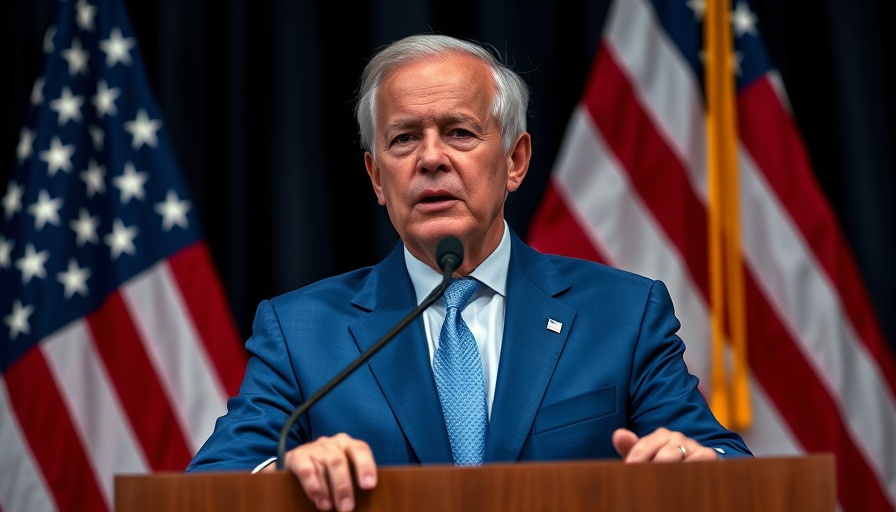
Joe Biden's Cancer Diagnosis: What We Know
In a surprising announcement, former President Joe Biden has been diagnosed with aggressive prostate cancer. This news has unfolded amid ongoing discussions about health care, aging, and the political landscape. The diagnosis, while alarming, has become a significant point of conversation regarding the health challenges faced by political leaders.
Understanding Prostate Cancer
Prostate cancer remains one of the most common cancers among men in the U.S. The American Cancer Society reports that about 1 in 8 men will be diagnosed with this condition in their lifetime. While it often progresses slowly and can be effectively treated, an aggressive form poses serious threats requiring immediate medical intervention.
The Impact of Biden’s Diagnosis on the Political Landscape
This diagnosis raises questions not just about Biden's personal health but also about the broader implications for his presidency and the Democratic Party. As age plays a significant role in American leadership, Biden's diagnosis has ignited discussions on age-related health vulnerabilities that govern policy strategies and future elections.
Historical Context: Health and Leadership
Historically, the health of a sitting president can influence public opinion and party dynamics. From Franklin D. Roosevelt’s polio to John F. Kennedy’s struggles with health issues, leaders’ health can create sympathy or skepticism among the electorate. This ties into how voters perceive a leader’s ability to govern effectively. Moreover, this can relate to the tech industry, where figures like Steve Jobs faced health battles while shaping impactful narratives around leadership and resilience.
Public Reactions and Concerns
The public’s response to Biden's news is a blend of concern and empathy. Many see this as a reminder of vulnerabilities that political figures face, often hidden from the public eye. Social media has reflected a wave of support, with users sharing personal stories related to cancer, advocating for increased health care access for all.
Health Care Policy and Economic Implications
Biden's cancer diagnosis brings renewed focus on health care policies, particularly on how they intersect with economic factors. The implications of improved cancer treatment and access to care can shape business trends, as healthier populations tend to be more productive. Furthermore, economic forecasts indicate an increased need for technologies and solutions that facilitate remote health monitoring—an innovation narrative prevalent in Silicon Valley.
Future Predictions: What Lies Ahead
As Biden seeks treatment, the outcome will have significant implications for his presidency and Democratic leadership. Should he continue to lead effectively while managing his health, it could be a monumental statement on resilience in leadership. Conversely, health complications could lead to discussions about succession planning within the party, influencing the upcoming election landscape.
The Broader Context of Leadership and Health
In the wake of Biden's diagnosis, it's essential to reflect on the importance of mental and physical health in leadership, particularly within the tech industry. Leaders often face immense pressure and burnout, and the industry's rapidly changing realm necessitates a discussion around sustainable leadership practices and corporate governance. Advocating for leaders’ well-being could redefine corporate culture across sectors.
As we track Biden's health journey, we are reminded of our own vulnerabilities and the collective responsibility toward supporting health initiatives. Health care remains a vital component of the public policy discourse, one that could influence the upcoming midterm elections and beyond.
 Add Row
Add Row  Add
Add 



Write A Comment